Is A Japanese School Best for Your Child?
Stepping Stones To School Success
What is best for my child? It’s an age-old question, and one that is sometimes easy to answer but often very difficult. When the topic is education, and is further clarified as education in Tokyo, it’s a tough choice for everyone.
If you have been blessed with a residential stay in Japan, it makes sense to consider putting your child into a Japanese public school. Let’s take a look at some of the factors worth considering when making that decision.
The acquisition of Japanese
Probably the clearest advantage of your child attending a Japanese school would be the acquisition of Japanese language skills. Even if there happens to be another dual-culture child in your kid’s class, and even if that child happens to share the same alternative language as your kid, they will still almost certainly speak together in Japanese at school because it is the common language there. Children adapt and learn so quickly that at the elementary school age it is likely to take only a few months for your child to catch up to the other kids in general language usage.
If your child is starting from zero with Japanese and entering third grade or higher, you will need to be careful that her weak Japanese skills don’t hinder her understanding of the lesson material. Even with mathematics, many questions at this level will be in word form. (e.g. If I have ¥500 and want to buy apples that cost ¥100 each, how many can I buy?) In grades one and two, children study hiragana and katakana (although most have already learned them at home or in kindergarten) and the times tables and basic addition, subtraction, division and multiplication. They are given homework mainly to get them into the habit of doing it. If your child will be in this six- or seven-year-old age group while you are in Japan, it is worth considering sending him to a Japanese school in order for the whole family to really be a part of Japanese society. The same is true for kindergarten.
They are given homework mainly to get them into the habit of doing it.
If you will be moving on to another country or are certain that you want your child’s further study to be in English, or another language, foster that language now, too, so that it will be at an adequate level for admission at that later time. At the elementary school level, your child will probably need to be able to read and write in that language.
The importance of cultural identity
Your family’s cultural identity will likely play the biggest role in your decision of what kind of school you send your child to. My husband is Japanese and I am Australian, but it seems that we consider ourselves to be a Japanese family. We assume our daughters will grow up here and we have made financial plans on the basis of spending most of the rest of our time here. Consequently, we didn’t deliberate over the question of sending our daughter to the local public elementary school—a decision that has so far proven to have been excellent.
Of course, language is a big part of one’s cultural identity. Although at first I didn’t like the idea of my daughter not being fluent in English, she is picking it up bit by bit from me and via visits to see her relatives, and will eventually be taking English grammar lessons in junior high school. If I think about the fact that my 10-year-old can’t yet read and write English, I’m not particularly happy about the situation, but why is that? Mostly it’s because I’m comparing her to my own English abilities at age 10, or to that of her Australian cousins. In both cases, we all grew up, or are growing up, monolingual in an English-speaking household in Australia. It’s not a fair comparison to my daughter, whose Japanese reading, writing and comprehension levels are very good and who has a good serving of English speaking and comprehension skills on top of that, too. Her own cultural identity seems to be Japanese, with the Japanese language fitting easier for her. So pushing her into an English-language environment may not have worked out so well.
You are not your child
Indeed, a deceptively difficult thing to remember when trying to decide what is best for your child is to remember that you are not your child. If you enjoyed your childhood, it is very likely that you have idealized it and now wish the same experience for your own children. Unless you grew up in Japan, your child’s current experience and your own childhood are already fundamentally different. For mixed-culture families, that gap widens further.
In a similar way to this idealization idea, my husband and I were both public school kids, so the idea of sending our daughter to a private school didn’t occur to us. Identifying and reconsidering any such blind spots that you may have will likely help you make a better final decision for your child.
Costs to cover
Perhaps the thought of putting our daughter into an international school did come to mind, but we assumed that we wouldn’t have been able to afford it—and we were probably right. Annual tuition fees alone for The British School in Tokyo’s primary school classes are ¥2,190,000, and they are ¥2,310,000 for nursery school to grade five at The American School in Japan. Costs at my daughter’s public school are incidental ones to cover school excursions or experiment materials. Now as a fourth-grader though, like most of her friends, she attends a cram school, which costs about ¥10,000 a week.
Whichever school your child enters, you will need to help your child with her studies. Of course it will be easier to do that in your own language. Doing it in Japanese may be more fun though. You and your child would be in it together in learning kanji and studying math, putting you both on the same level and thereby likely reducing the notorious difficulty of instructing one’s own child.
Take in the community and they’ll take you in return
Also, whichever school your child enters, you will consequently become part of that school’s community. A particularly good thing about your local Japanese school is that the children there will be local ones ready to play together with your child after school. That provides a good opportunity for you to make local friends too. Having friends locally is a godsend when you have children and life takes an unexpected turn and you need help. Open your house to your child’s friends as much as possible, especially in the first two years of elementary school when they require most parental observation, and you will get to know their parents too. Invite some of them to go to lunch, and help with school events and you’ll do fine making friends if you have that intention. Many moms will reenter the workforce when their children enter the higher grades, so jump in early to make friends. They will be a great help to you when you have questions about notices from the school, too.
If you want to learn more about your local Japanese public school, you should visit it. The various wards hold open school days. Minato-ku calls its open days “gakko koukai.” The lessons there will be open to observation in either October or November this year for a period of from two days up to one week, depending on the school. In my local ward of Toshima, the “sankan shuukan” observation week is usually held in September or October, and the Saturday morning classes that are held almost once a month are also open to public viewing. The easiest way to look up these dates is to do a web search of the school’s name. Each school generally has its own website.
Unless you grew up in Japan, your child’s current experience and your own childhood are already fundamentally different.
Even if you end up putting your child into a private school, you can still reap some of the benefits of the local public school by making use of its “koutei kaihou,” or open school-ground system, which allows children to play there during holidays and once daily classes have finished, which is usually around 3:30 p.m. on weekdays.
Your own child’s particular needs
One reassuring element of making education choices in Japan is that whether public or private, the education level here is relatively high, so it is probably hard to go wrong, especially if you keep your own child’s particular needs and preferences in mind. A decision in favor of a Japanese school does not equate to one against an international school, or vice versa. As long as suitable language levels are maintained, shifting between those two systems may be the most viable approach for many families. When my younger daughter enters elementary school and I return to fulltime work, even my family may reconsider the choice of international school education.
In the meantime, I’ll watch as my daughters’ abilities broaden and their ideas for their own futures start to take shape. After all, the best I can do for my daughters is to help them do their best, and each of them is in the driver’s seat in regard to which direction that lies.

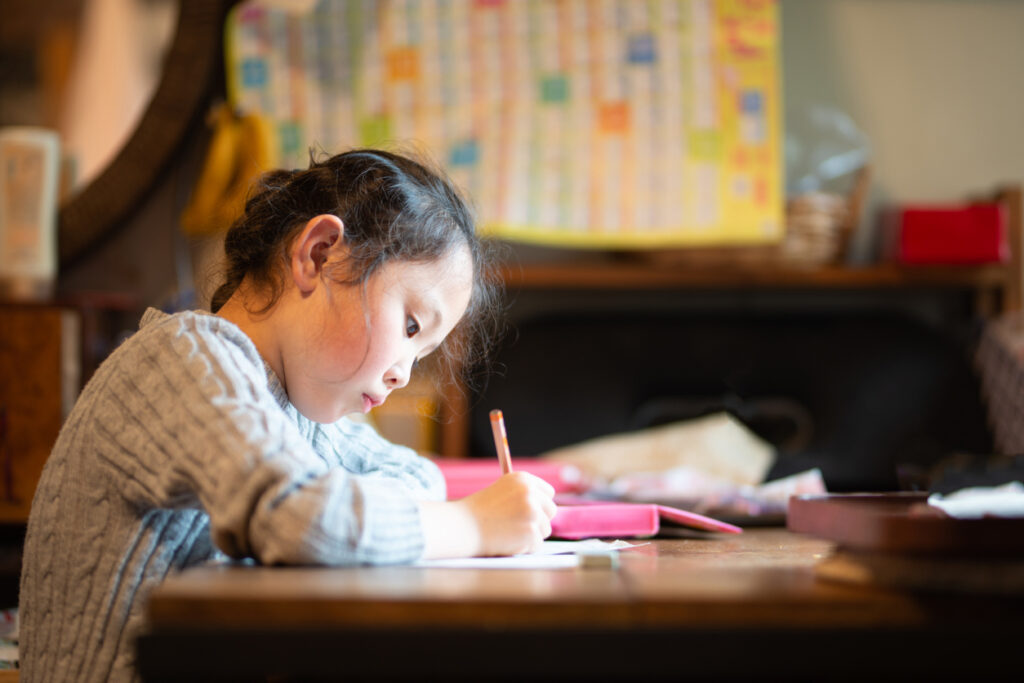
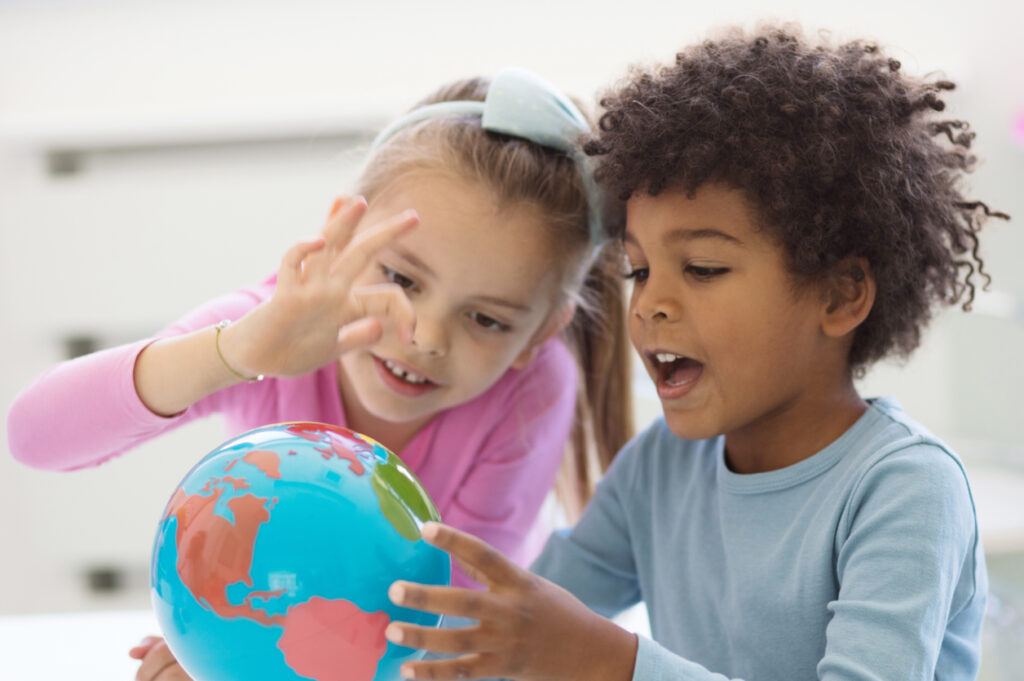
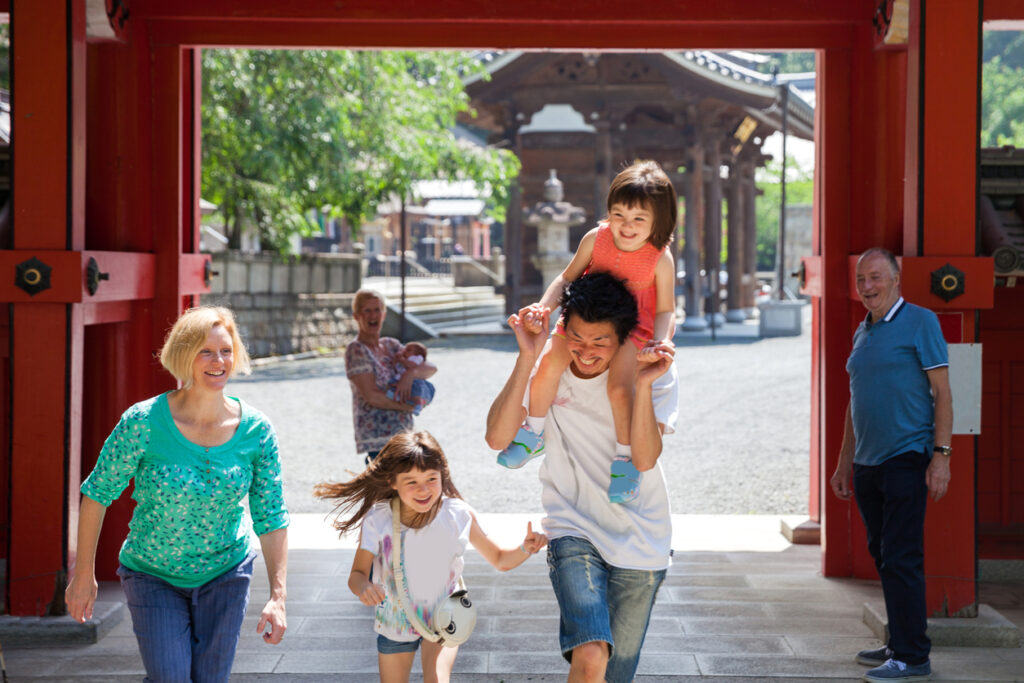
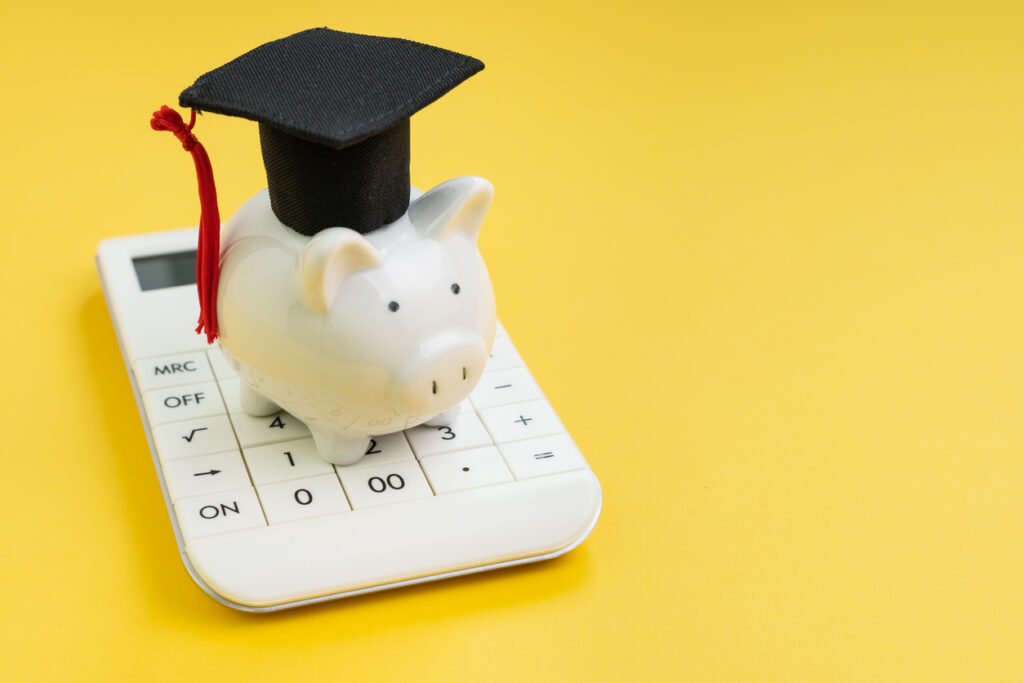
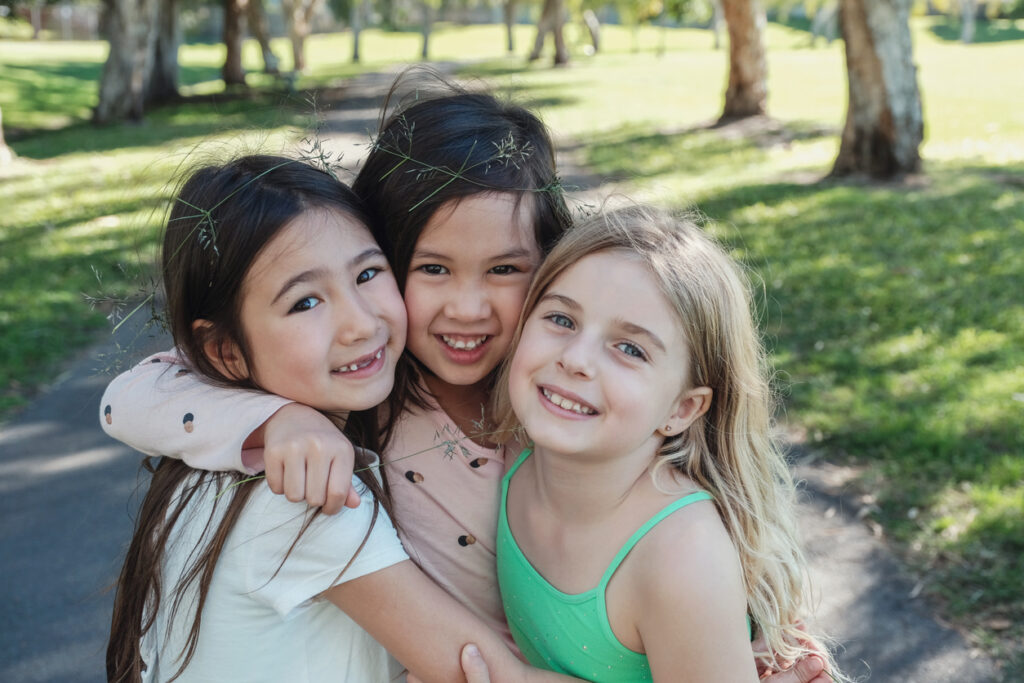
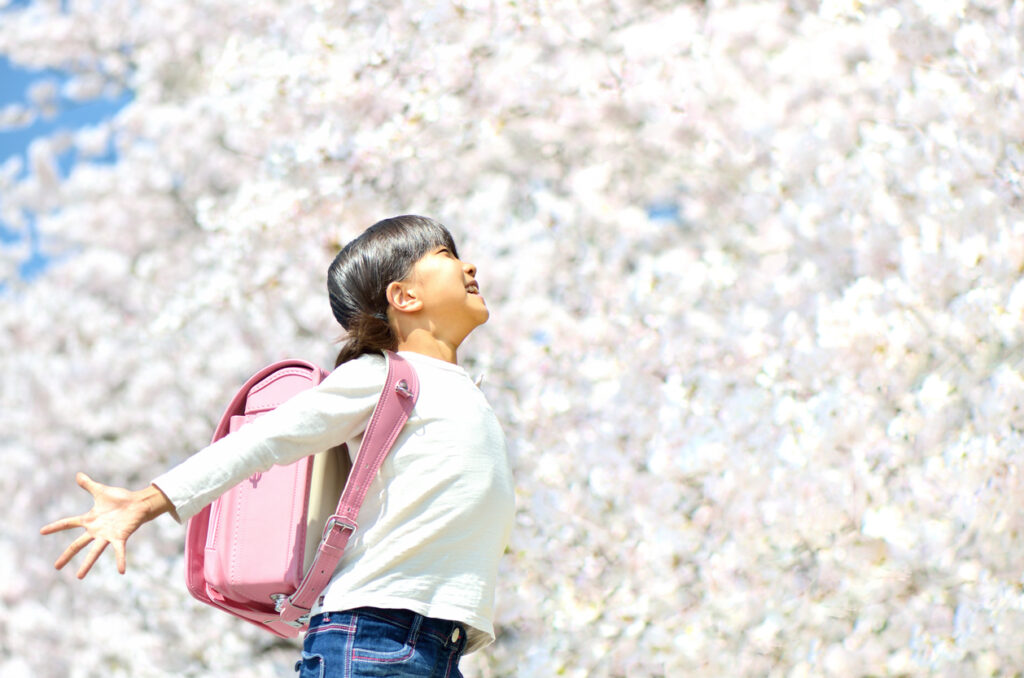











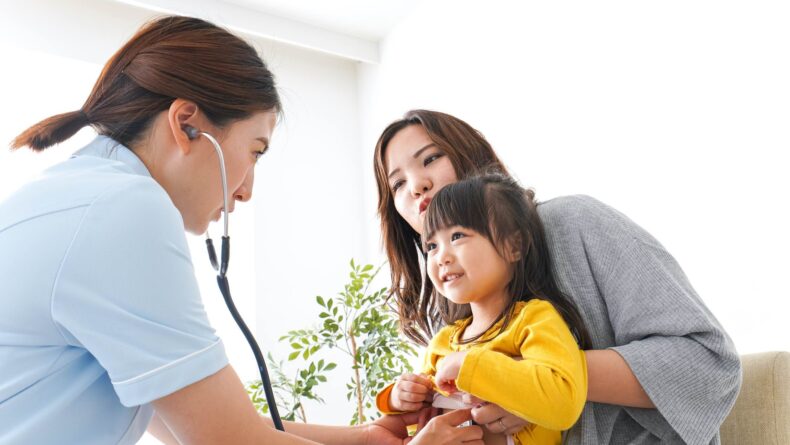


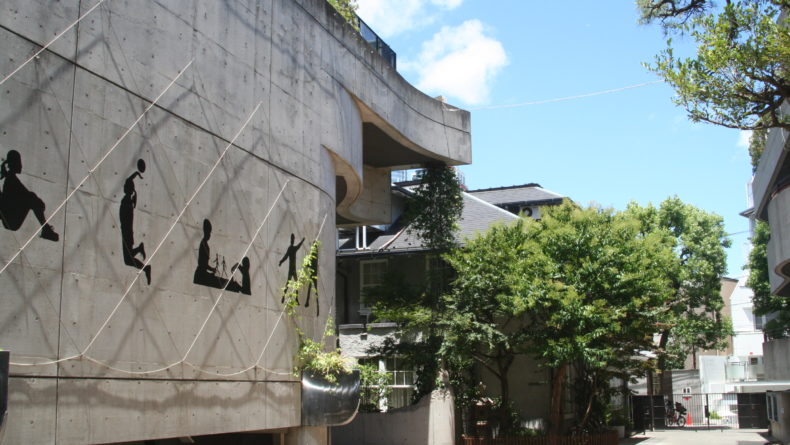
Leave a Reply